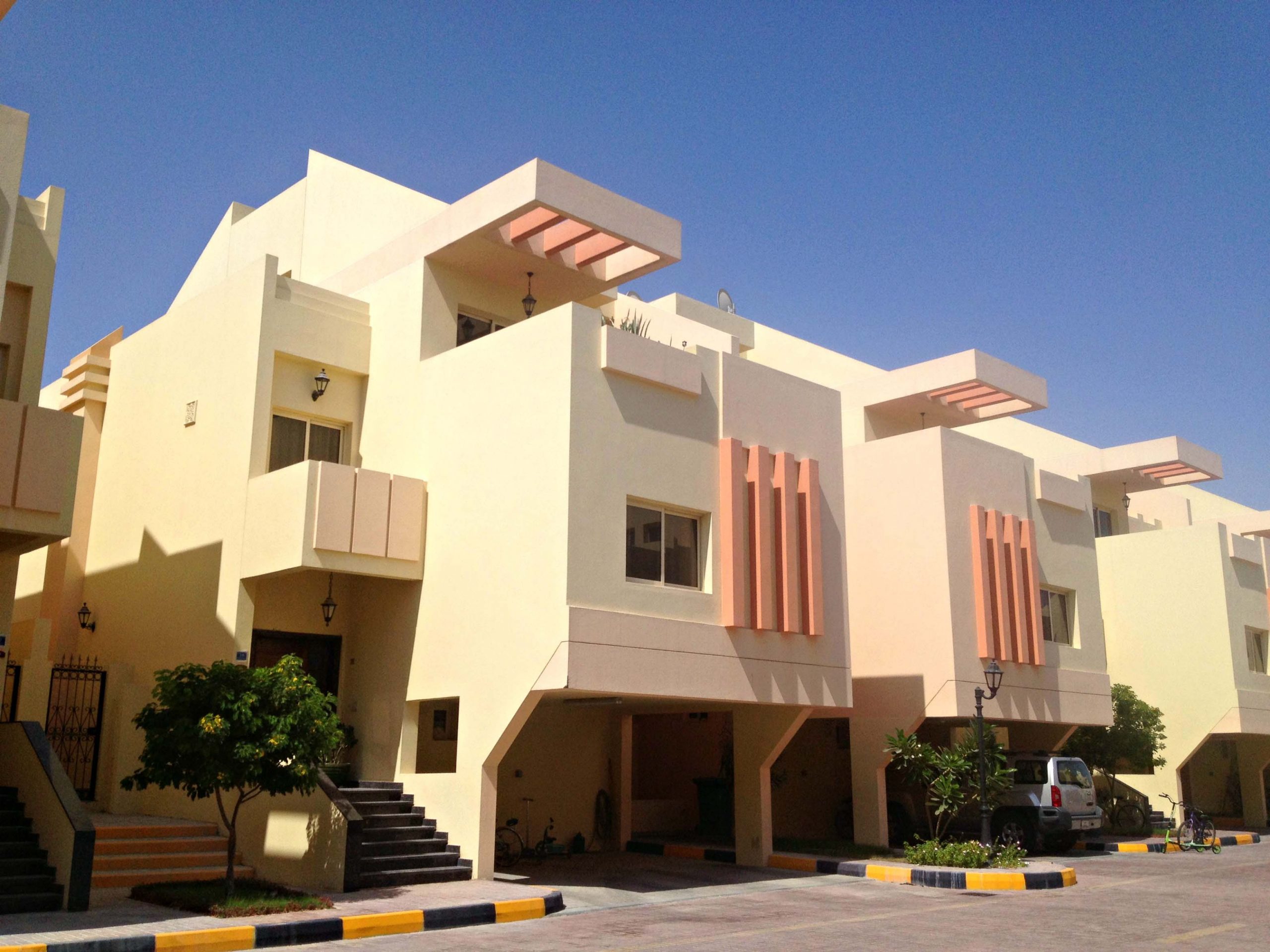
Residents grappling with the ever-increasing cost of housing in Qatar received a reprieve last month as landlords put the brakes on rent increases, new government figures show.
The latest consumer price index report from the Ministry of Development Planning and Statistics shows that the cost of rent, fuel and energy was flat in December compared to the previous month.

Meanwhile, the cost of all categories of consumer goods were either unchanged or declined compared to November, pulling month-over-month inflation into negative territory and leaving residents with a little bit of extra money in their wallets heading into 2015.
Overall, the consumer price index fell by 0.3 percent in December compared to November. That’s the sharpest monthly decline in more than a year.
Dropping prices
The largest decreases were recorded in entertainment, recreation and culture (1 percent), transportation and communication (0.5 percent) and the food, beverages and tobacco category, which dropped 0.4 per cent.

Economists had predicted a fall in food prices due to bountiful harvests in major agricultural areas around the world, but forecast that residential rents would keep rising due to increasing demand for housing from Qatar’s rapidly expanding population.
Indeed, other data suggests that December’s rent freeze is likely to be a pause rather than the start of a long-term trend.
Qatar National Bank (QNB) has argued that changes in rental rates tend to follow movements in land prices with a six-month lag.
In its latest monthly economic report, QNB said land prices shot up 92.7 percent last month compared to December 2013, suggesting that rents would continue to rise in the first half of this year.
“The combination of rapid population growth and higher GDP per capita are leading to a strong increase in the demand for housing, pushing up real estate prices,” researchers at the local bank wrote.
“As the population expands and per capita income rises, both a base and an income effect push land prices higher. This is likely to continue over the coming years, in line with the favorable outlook for the Qatari economy.”
Big picture
Qatar’s year-over-year inflation rate in December was 2.7 percent, which is on the low end of what many economists had predicted.
However, many of the forecasts were drafted before the recent plunge in oil prices, which could be helping to keep a lid on rising prices.

Looking ahead, tumbling oil prices will likely reduce shipping costs for freight transporters, which is good news for consumers in a country like Qatar, which imports the overwhelming majority of the products that appear on store shelves.
Elsewhere, declining prices for crude will also make it cheaper to travel. Last week, Qatar Airways CEO Akbar Al Baker said the country’s national carrier plans to reduce the fuel surcharge on passenger fares.
Falling oil prices won’t, however, lead to cheaper prices at the petrol pumps.
Fuel in Qatar and elsewhere in the Gulf is already heavily subsidized and, even with the recent plunge in oil prices, motorists in this country are still paying less than market rates, according to a Qatar Fuel (Woqod) official.
Speaking to the Peninsula this week, an unnamed spokesperson for the company said it was unlikely retail prices for petrol and diesel would be reduced.
Thoughts?







